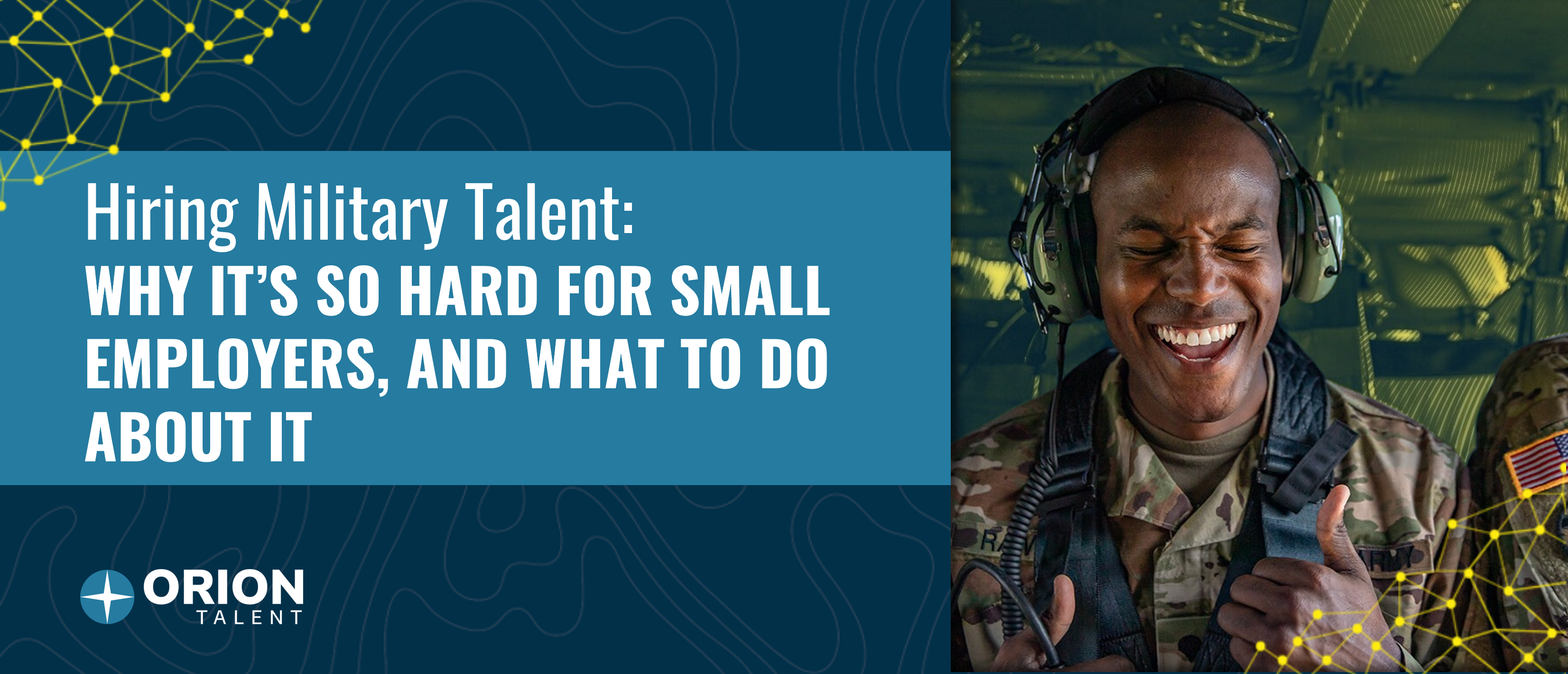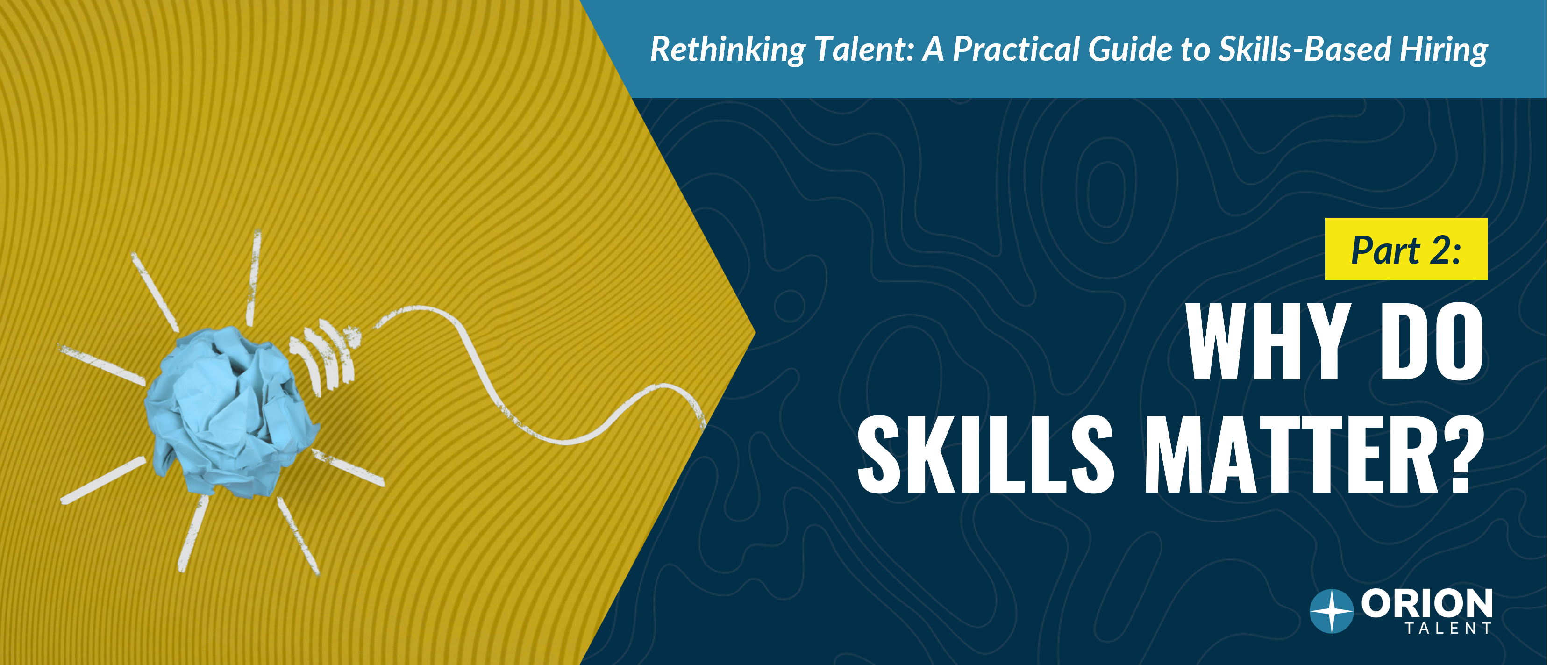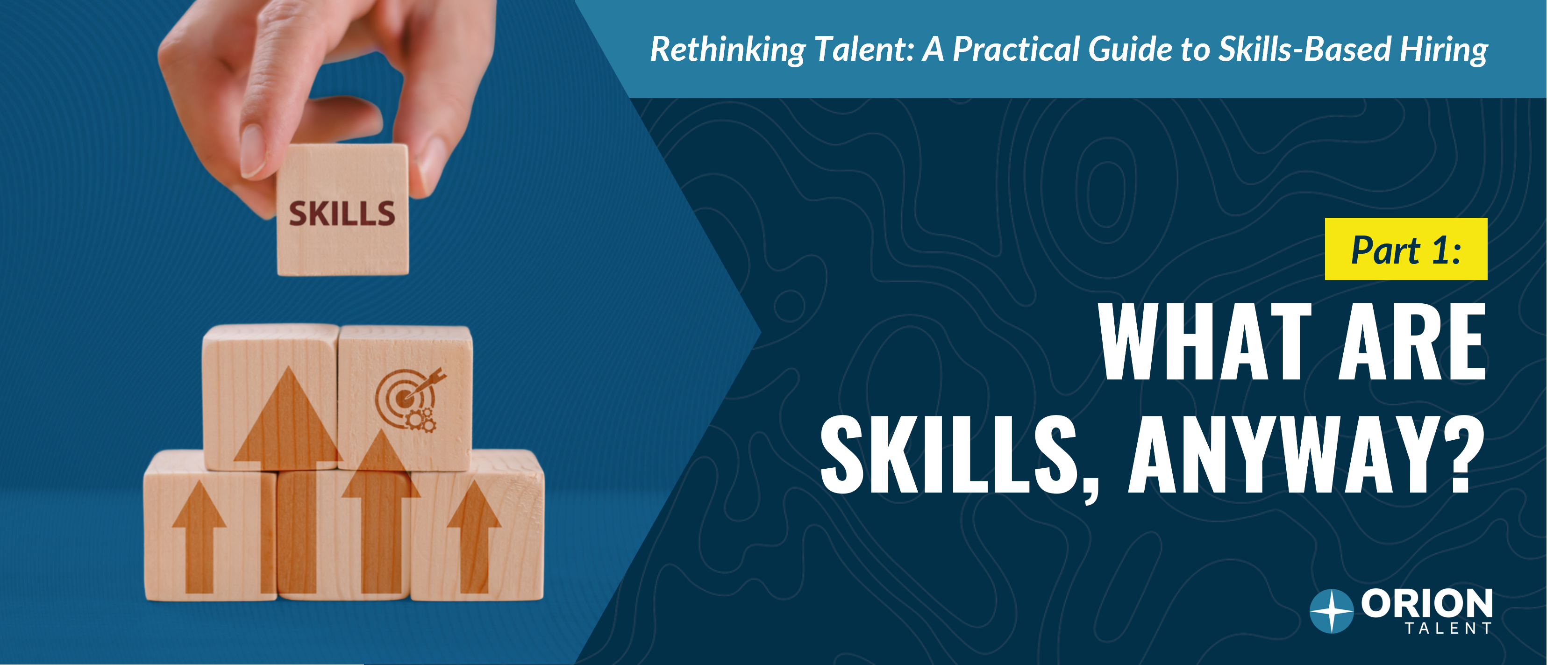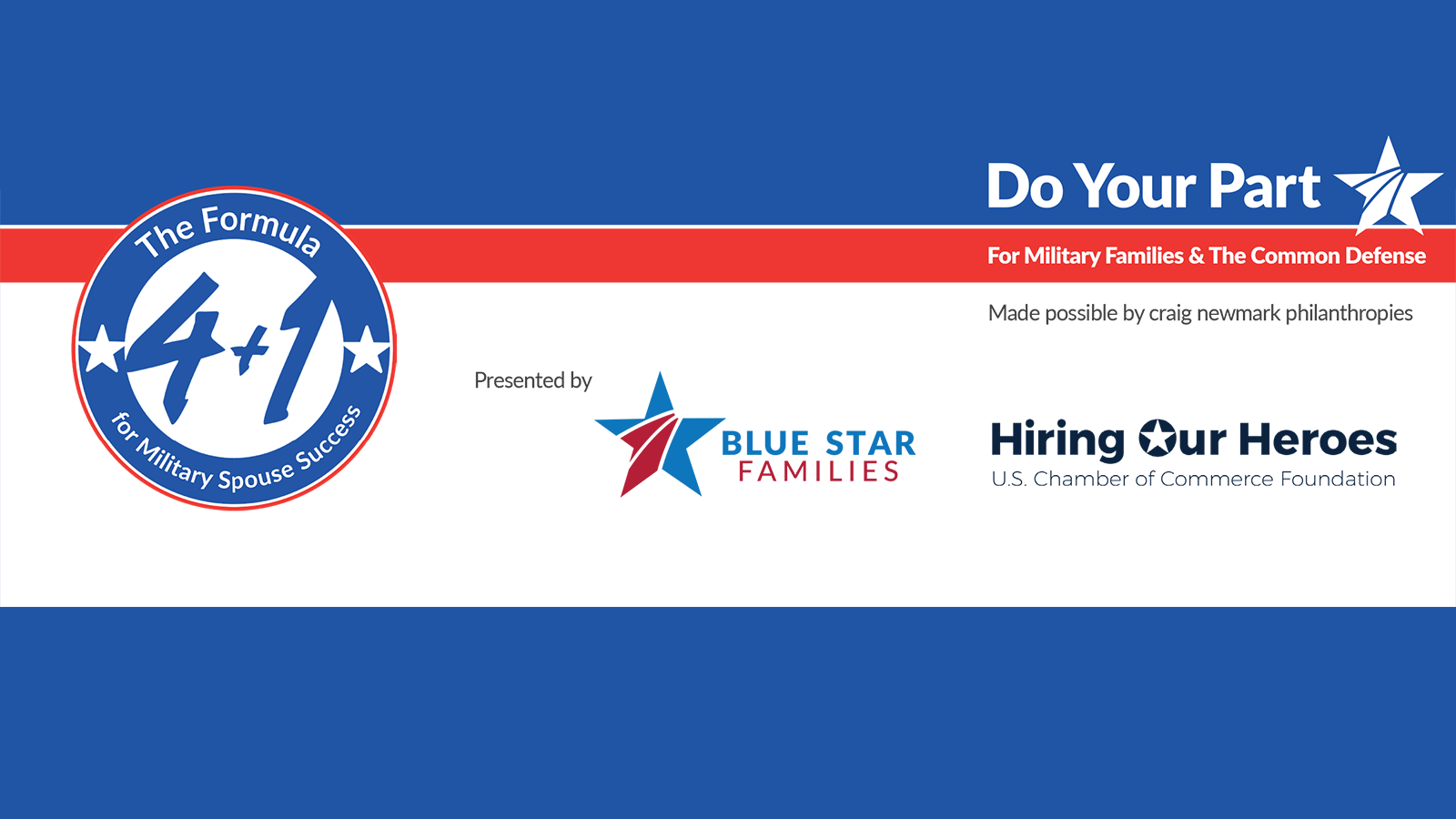
For small employers, hiring and retaining talent has always been a top priority. It is also one of the biggest challenges they face. The Federal Reserve’s 2025 Report on Employer Firms cites “Hiring or retaining qualified staff” as the #1 Operational Challenge for growing small companies, and the #2 Challenge for firms that not growing (right behind reaching customers and growing sales).
At Orion Talent, our recent survey of more than 500 small employers found the same: 80% of respondents told us they are unhappy with the options available to find and hire talent.
At first glance, this might seem like a matter of resources. Larger organizations have recruiting teams, name recognition, and big budgets. But the real issue runs deeper. The tools, platforms, and hiring practices built for enterprise employers do not work for smaller companies. They were never designed for teams that need to move quickly, work lean, and hire with precision. To compete, small employers need a different approach.
The Hidden Challenges of Small Business Hiring
1. The Pressure of Just-in-Time Hiring
When a role opens at a small company, it typically needs to be filled immediately. Every day without that employee affects operations, revenue, and customer experience. Yet in this era of the Great Stay, candidates are not moving as freely as they once did. Many are “job hugging,” holding tightly to their current roles and weighing any new opportunity with extra caution. That makes speed and clarity even more critical. Small employers that wait for the perfect moment or move too slowly risk losing the few active candidates in the market to larger organizations with stronger pipelines and faster processes.
2. The Added Challenge of Hiring Military Talent
The challenge is especially acute when hiring military talent. Veterans and transitioning service members are deliberate about their next step. They want employers who understand how their experience translates and who can move with purpose once mutual interest is established. Slow communication or unclear timelines send the wrong message and can cause great candidates to disengage.
3. Competing Against Brand Recognition
Job seekers tend to gravitate toward names they know. For small businesses, particularly those in industrial, manufacturing, or technical sectors, brand visibility is often limited. Many veterans transitioning from the military recognize large companies through defense contracts or base operations, but not smaller employers that may offer equally meaningful work. That perception creates an uphill battle. Candidates often assume smaller firms cannot offer the same stability, benefits, or advancement as large corporations. That misperception makes it harder to attract top performers, even when the opportunity provides broader responsibilities, faster growth, and the chance to make a real impact.
4. Limited Recruiting Capacity
At many small companies, hiring is managed by HR generalists or business leaders who already wear multiple hats. Recruiting becomes reactive instead of strategic. Without dedicated time or tools for talent branding, sourcing, and follow-up, hiring often starts too late, takes too long, and ends with compromise.
5. The Final Hurdle: Closing the Hire
Even when great military candidates are identified, closing the hire can still be difficult. Larger companies can offer higher pay or clearer career paths. Yet what small employers sometimes overlook is their true differentiator: meaningful work, flexibility, and culture. Veterans often value these qualities deeply, seeking organizations where their contributions matter and where they can continue to serve a mission larger than themselves.
The Reality for Small Employers
Even with thoughtful strategies, small employers face a structural disadvantage. Most hiring tools were built for enterprise-level budgets and recruiting infrastructure. Job boards are crowded, placement fees are costly, and many platforms assume a dedicated recruiting team that small businesses simply do not have. This leaves smaller employers competing for attention in a market that favors the biggest brands.
For those seeking to hire military talent, the challenge is even greater: how to stand out in an environment dominated by large contractors and well-known employers? The result is predictable: long hiring cycles, wasted resources, and missed connections with high-quality candidates. The problem is not a lack of great people. It is a lack of systems that make it easy for small employers to find and engage them.
An Easier Way to Connect with Great Talent
At Orion Talent, we saw how difficult it has become for small employers to compete for qualified talent. The process is often too complex, too costly, and too time-consuming for teams that need to move quickly. That is why we created Muster, a simpler, more affordable way for small businesses to meet great talent. Muster gives small employers direct access to America’s most proven talent source: military veterans and transitioning service members.
Through a flexible, subscription-based model, employers receive curated introductions to qualified candidates who align with their business needs and values. There are no placement fees, long contracts, or endless filtering. Instead of job board noise, small businesses receive consistent, meaningful connections with candidates who are ready to engage.
Muster was designed to make hiring easier. It combines Orion Talent’s deep expertise in military recruiting with a modern, self-service platform that puts small businesses in control. Whether you are hiring now or building your future pipeline, Muster helps you stay connected to a steady flow of mission-driven talent that delivers results.
A New Path to Hiring Success
Hiring military talent should not be harder for small employers. Muster was created to level the playing field, giving small businesses the same reach and recruiting power that large organizations have long enjoyed, without the cost or complexity. When you simplify the process and strengthen the connections that matter, you make hiring more human, more efficient, and more effective.
Ready to learn more?
See how Muster connects small businesses with qualified military talent to build future-ready workforces.
Archives
- February 2026
- January 2026
- December 2025
- November 2025
- October 2025
- September 2025
- August 2025
- July 2025
- June 2025
- May 2025
- April 2025
- March 2025
- February 2025
- October 2024
- May 2024
- March 2024
- February 2024
- January 2024
- December 2023
- November 2023
- October 2023
- September 2023
- August 2023
- July 2023
- June 2023
- May 2023
- April 2023
- March 2023
- February 2023
- January 2023
- December 2022
- November 2022
- October 2022
- September 2022
- August 2022
- July 2022
- June 2022
- May 2022
- April 2022
- March 2022
- February 2022
- January 2022
- December 2021
- November 2021
- October 2021
- September 2021
- August 2021
- July 2021
- June 2021
- May 2021
- April 2021
- March 2021
- February 2021
- January 2021
- December 2020
- November 2020
- October 2020
- September 2020
- August 2020
- July 2020
- June 2020
- May 2020
- April 2020
- March 2020
- February 2020
- January 2020
- December 2019
- November 2019
- October 2019
- September 2019
- August 2019
- July 2019
- June 2019
- May 2019
- April 2019
- March 2019
- February 2019
- January 2019
- December 2018
- November 2018
- October 2018
- September 2018
- August 2018
- July 2018
- June 2018
- May 2018
- April 2018
- March 2018
- February 2018
- January 2018
- December 2017
- November 2017
- October 2017
- September 2017
- August 2017
- July 2017
- June 2017
- May 2017
- March 2017
- February 2017
- January 2017
 RSS Feed
RSS Feed




















